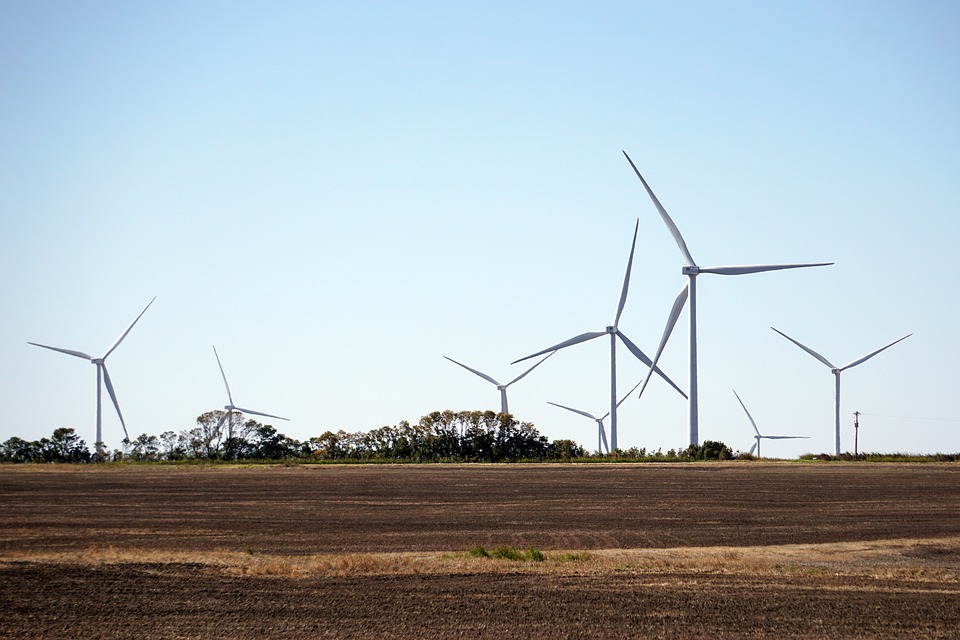Introduction
Power engineering is a vital field that plays a crucial role in the development and maintenance of the world’s energy infrastructure. As the demand for electricity continues to grow, the need for skilled and knowledgeable power engineers has never been greater. In this article, we will explore the top universities for power engineering, providing you with the information you need to make an informed decision about your education and career.
The Top Universities for Power Engineering
Stanford University
Stanford University is one of the most prestigious universities in the world, and its power engineering program is no exception. The university offers a Bachelor’s and Master’s degree in Electrical Engineering, with a focus on power systems and energy management. The program is highly regarded, with many graduates going on to work for top companies in the industry.
Massachusetts Institute of Technology (MIT)
MIT is another world-renowned institution with a top-notch power engineering program. The university offers a Bachelor’s and Master’s degree in Electrical Engineering and Computer Science, with a focus on power systems, energy conversion, and grid management. The program is highly interdisciplinary, incorporating courses from other departments such as mechanical engineering and computer science.
University of California, Berkeley
The University of California, Berkeley is a public research university that offers a highly respected power engineering program. The university offers a Bachelor’s and Master’s degree in Electrical Engineering and Computer Sciences, with a focus on power systems, energy efficiency, and renewable energy. The program is known for its strong industry connections, with many graduates going on to work for top companies in the industry.
Georgia Institute of Technology
The Georgia Institute of Technology is a public research university that offers a highly regarded power engineering program. The university offers a Bachelor’s and Master’s degree in Electrical and Computer Engineering, with a focus on power systems, energy conversion, and grid management. The program is known for its strong industry connections, with many graduates going on to work for top companies in the industry.
University of Illinois at Urbana-Champaign
The University of Illinois at Urbana-Champaign is a public research university that offers a highly respected power engineering program. The university offers a Bachelor’s and Master’s degree in Electrical and Computer Engineering, with a focus on power systems, energy efficiency, and renewable energy. The program is known for its strong industry connections, with many graduates going on to work for top companies in the industry.
What to Look for in a Power Engineering Program
Curriculum
When choosing a power engineering program, it’s essential to consider the curriculum. Look for programs that offer a comprehensive education in power systems, energy conversion, and grid management. Also, consider programs that offer specializations or concentrations in areas such as renewable energy, energy efficiency, and smart grids.
Faculty and Research Opportunities
A strong faculty and research opportunities are also essential when choosing a power engineering program. Look for programs with faculty members who are experts in the field and have a track record of publishing research papers and securing grants. Also, consider programs that offer research opportunities, internships, and projects that align with your interests and career goals.
Industry Connections
Industry connections are also crucial when choosing a power engineering program. Look for programs with strong ties to the industry, such as partnerships with companies, internships, and job placement rates. A program with strong industry connections can provide you with valuable networking opportunities, job placement, and career advancement.
Conclusion
In conclusion, power engineering is a vital field that requires skilled and knowledgeable professionals to design, develop, and maintain the world’s energy infrastructure. The top universities for power engineering, such as Stanford University, MIT, University of California, Berkeley, Georgia Institute of Technology, and University of Illinois at Urbana-Champaign, offer a comprehensive education in power systems, energy conversion, and grid management. When choosing a power engineering program, consider the curriculum, faculty and research opportunities, and industry connections. By doing so, you can ensure that you receive a world-class education and set yourself up for success in the field of power engineering.
FAQs
Q: What is power engineering?
A: Power engineering is the design, development, and maintenance of the world’s energy infrastructure, including power generation, transmission, and distribution systems.
Q: What are the job prospects for power engineers?
A: The job prospects for power engineers are excellent. The demand for skilled and knowledgeable power engineers is high, and the field is expected to continue growing in the coming years.
Q: What skills do I need to be a power engineer?
A: To be a power engineer, you will need a strong foundation in mathematics and science, as well as knowledge of electrical engineering, power systems, and energy conversion. You will also need strong analytical and problem-solving skills, as well as the ability to work well in a team.
Q: What are the benefits of studying power engineering?
A: Studying power engineering can provide you with a wide range of benefits, including a high-paying job, opportunities for career advancement, and the ability to make a positive impact on the world’s energy infrastructure.
Q: What are the challenges of studying power engineering?
A: Some of the challenges of studying power engineering include the high level of mathematical and scientific knowledge required, as well as the need to stay up-to-date with the latest technologies and advancements in the field.
Q: What are some of the most in-demand skills in power engineering?
A: Some of the most in-demand skills in power engineering include knowledge of renewable energy, energy efficiency, and smart grids, as well as expertise in areas such as power system analysis, energy conversion, and grid management.


_2.png?w=150&resize=150,150&ssl=1)
_1.png?w=150&resize=150,150&ssl=1)

_1.png?w=150&resize=150,150&ssl=1)
_1.png?w=150&resize=150,150&ssl=1)
